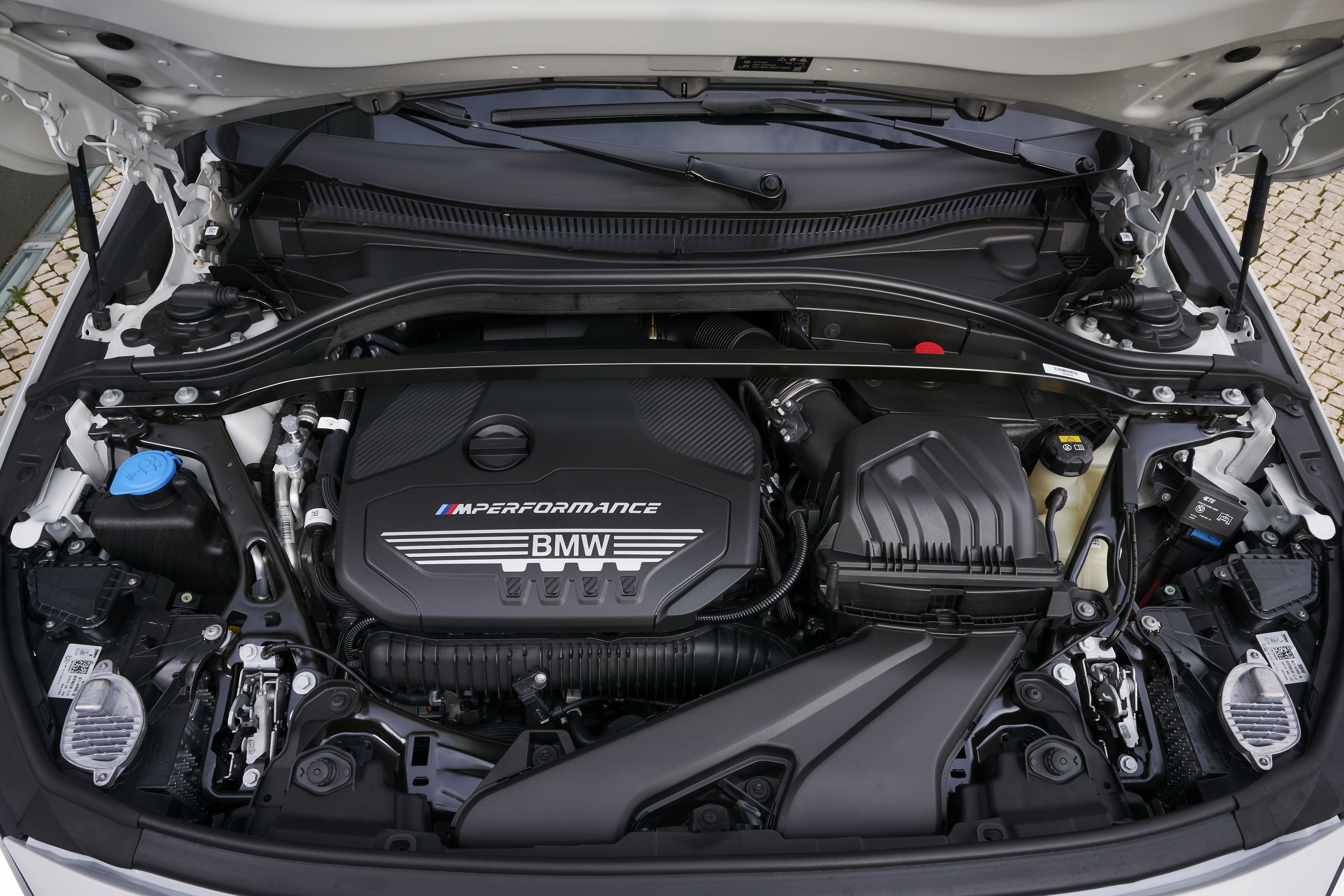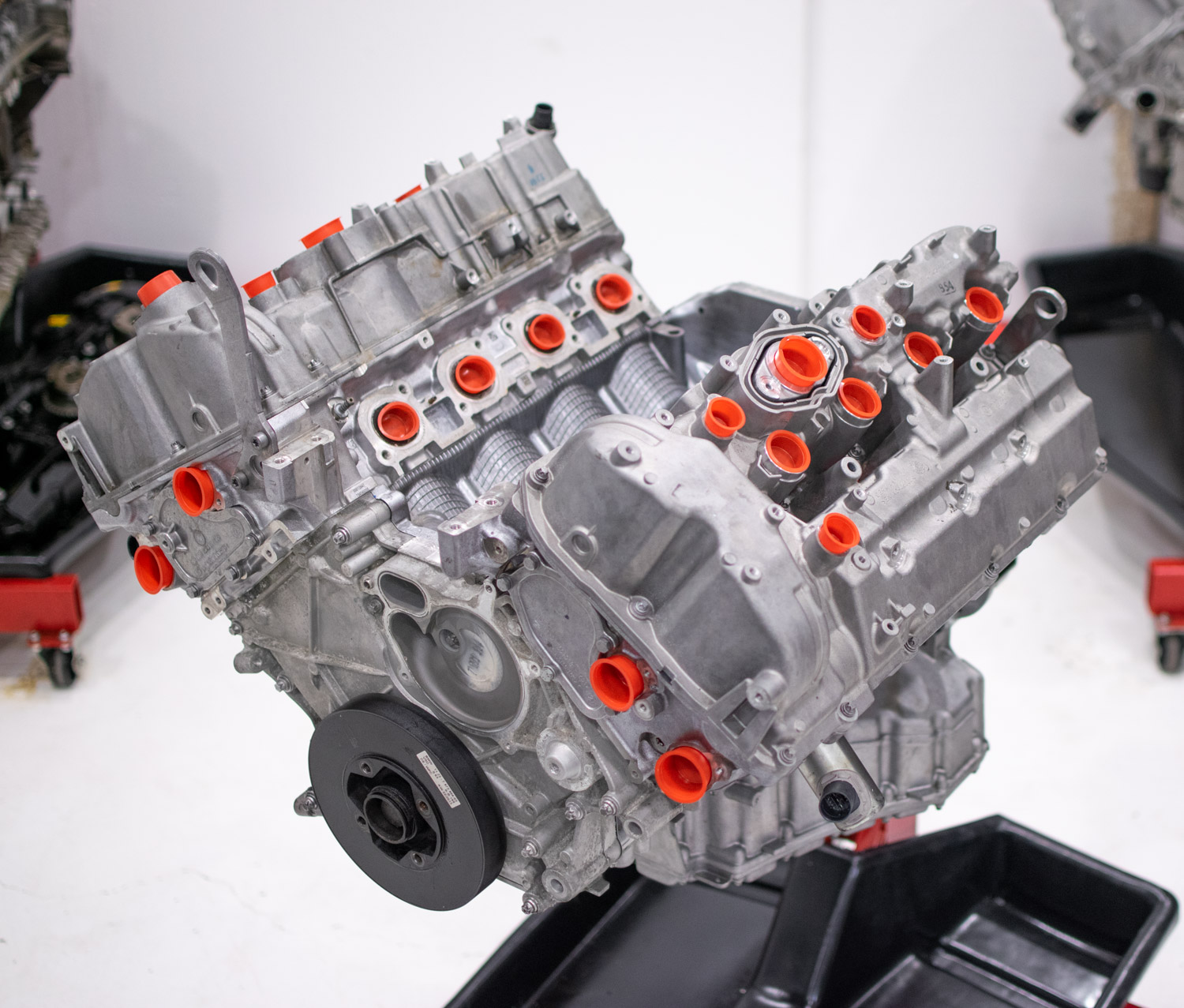How to Preserve Your BMW Engine for Optimum Performance and Longevity
How to Preserve Your BMW Engine for Optimum Performance and Longevity
Blog Article
Introducing the Intricacies of Next-Generation Power Units: a Deep Study Advanced Engine Advancements and styles
As we stand on the precipice of a new period in transportation, the intricacies of next-generation engine styles bid us to explore the cutting-edge innovations and innovations that assure to redefine the driving experience. Delving deeper right into the realms of emission control, intelligent engine monitoring systems, and the horizon of power system development, we locate ourselves on the cusp of a change that guarantees to improve the landscape of movement as we recognize it.
Development of Engine Products

The change towards progressed engine materials has also enabled designers to design engines with greater power outcomes while maintaining fuel effectiveness criteria. The usage of light-weight products lowers the general weight of the engine, leading to enhanced gas economic climate and reduced exhausts. Additionally, innovations in products innovation have actually permitted much better thermal administration within engines, resulting in enhanced integrity and durability.
Turbocharging and Supercharging Technologies
How do Turbocharging and Supercharging Technologies reinvent engine efficiency and efficiency in modern-day cars? Turbocharging and supercharging are technologies that significantly improve engine performance by increasing the quantity of air consumption right into the combustion chamber. Turbocharging achieves this by utilizing a turbine driven by exhaust gases to pressurize the intake air, while supercharging makes use of a belt- or chain-driven compressor to achieve the very same result.
These modern technologies allow smaller, a lot more fuel-efficient engines to generate power equal to bigger ones, referred to as downsizing. By requiring more air into the cyndrical tubes, supercharging and turbocharging boost burning effectiveness, causing increased horsepower and torque output without a considerable boost in engine dimension. This results in much better velocity, hauling capacity, and overall driving efficiency.
Moreover, turbocharging and supercharging add to improved fuel effectiveness by allowing the usage of smaller sized engines that eat less fuel under normal driving conditions - bmw engine. This mix of enhanced efficiency and efficiency has made turbocharging and turbo charging indispensable components of several contemporary engine layouts
Emission Control and Environmental Impact
With enhancing international worries concerning air top quality and ecological sustainability, the application of exhaust control modern technologies in cars plays a vital role in lowering dangerous toxins released right into the atmosphere. Modern cars are furnished with sophisticated exhaust control systems that assist reduce the ecological effect of automotive procedures. Catalytic converters, as an example, are made to transform hazardous gases such as carbon monoxide gas, nitrogen oxides, and hydrocarbons right into less hazardous materials like co2 and water vapor.
Additionally, developments in engine technology, such as the combination of exhaust gas recirculation systems and discerning catalytic reduction, have substantially added to reducing discharges. These technologies operate in tandem to optimize burning effectiveness and minimize the launch of damaging toxins into the air. Furthermore, the development of crossbreed and electrical vehicles represents an important action towards decreasing the total environmental impact of the transport field.
Intelligent Engine Management Systems

Additionally, these systems make it possible for cars to fulfill strict emissions standards without compromising performance, providing an extra eco-friendly driving experience. The combination of expert system and maker understanding capabilities in engine management systems remains to push the limits of what is feasible, resulting in further renovations in effectiveness, reliability, and overall vehicle efficiency. bmw engine. As auto innovation breakthroughs, intelligent engine administration systems will certainly play an essential function in forming the future of transport in the direction of a much more lasting and efficient direction
Future Trends in Power System Advancement
As intelligent engine monitoring systems lead the way for boosted more information control and optimization in contemporary lorries, future fads in power device growth are positioned to redefine the landscape of vehicle propulsion technologies. One of the crucial patterns driving technology in power system growth is the change in the direction of electrification. With an enhancing concentrate on sustainability and lowering carbon emissions, hybrid and electric powertrains are ending up being much more common in the vehicle industry. These alternative power sources use boosted performance and performance while straightening with stringent environmental regulations.
Another significant fad is the integration of sophisticated materials and making techniques. Lightweight materials such as carbon fiber and aluminum are being used to minimize total vehicle weight, boosting fuel efficiency and performance. Additionally, advancements in 3D printing and additive production are enabling the manufacturing of complicated engine components with greater precision and durability.
Furthermore, expert system and maker discovering are playing a crucial duty in enhancing power unit performance. These technologies enable real-time tracking and adaptive control, bring about extra dependable and effective power shipment. Generally, future patterns in power system development are tailored in the direction of sustainability, performance, and these details performance, driving the auto sector towards a new age of propulsion modern technologies.

Conclusion
In verdict, the developments in engine materials, turbocharging, discharge control, and my explanation smart monitoring systems have paved the method for next-generation power systems. The complex styles and developments in contemporary engines showcase the ongoing advancement of auto technology.
Exploring the progressive developments in engine materials has been pivotal in enhancing the efficiency and effectiveness of modern-day engines. Over the years, the evolution of engine materials has actually played an essential duty in pressing the borders of what engines can achieve.The shift towards progressed engine products has likewise made it possible for engineers to create engines with greater power outcomes while keeping gas effectiveness standards.The implementation of smart engine management systems in modern lorries has changed the means engines are controlled and enhanced for performance and efficiency. By accumulating information in real-time and assessing it with innovative algorithms, smart engine management systems can adapt to driving styles, ecological variables, and engine wellness to take full advantage of power result while lessening fuel intake and discharges.
Report this page